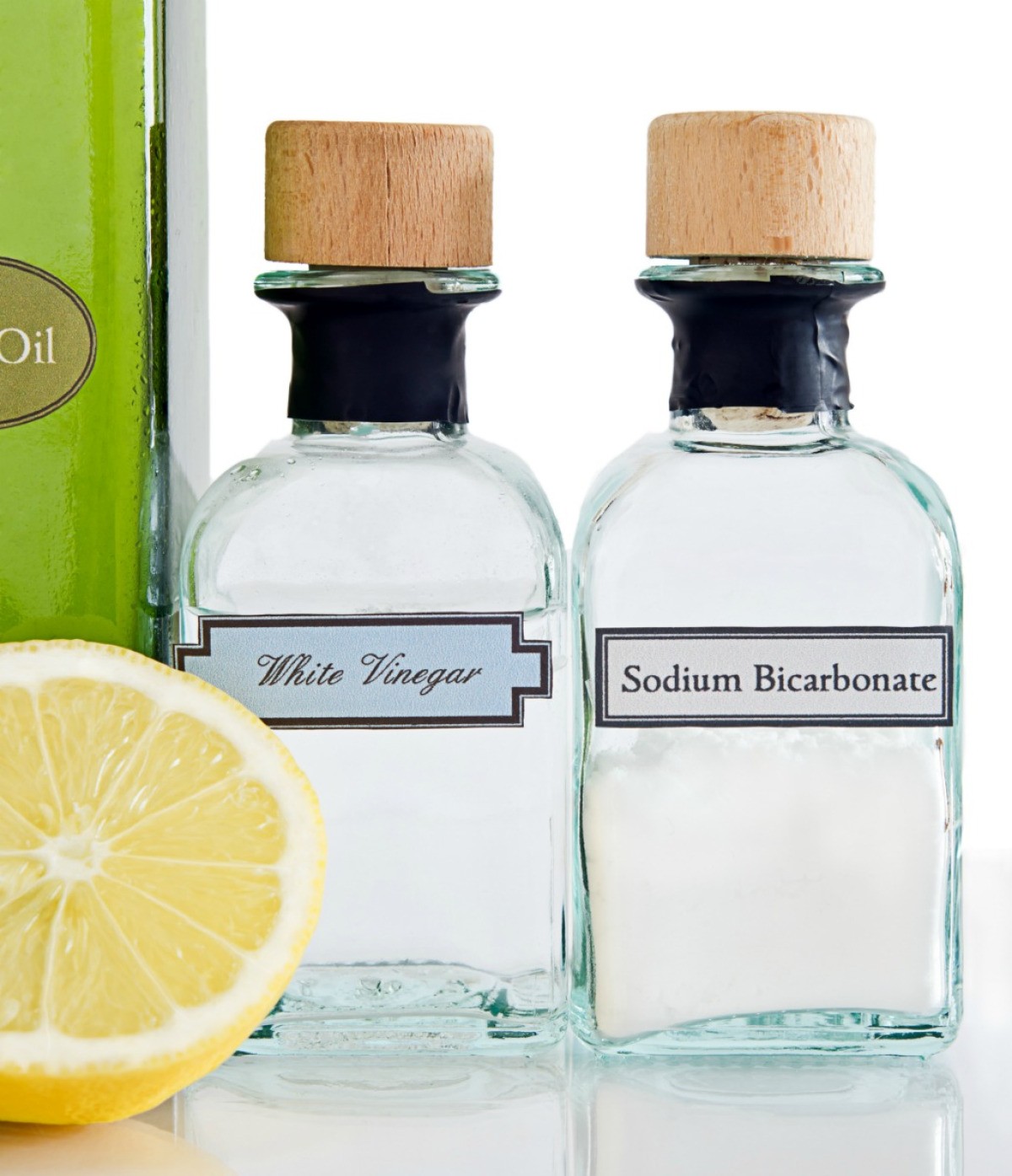

Mindful Cleaning: Instead of cleaning out of habit, assess the actual need. Time Management: Over-cleaning can be time-consuming, taking away precious moments that could be spent with loved ones or on self-care.The constant pursuit of a spotless environment might leave individuals feeling restless and unsatisfied, impacting their overall mental health. Mental Well-being: An obsession with cleanliness can lead to anxiety and stress.Plus, the frequent purchase of cleaning supplies increases plastic waste. Environmental Impact: Excessive use of cleaning products contributes to more chemicals being washed down the drain, impacting aquatic ecosystems.

Moreover, an overly sterile environment can hinder the development of a robust immune system, especially in children. Overuse of cleaning agents can lead to indoor air pollution, allergic reactions, or skin irritations.

So, when does regular cleaning tip over into the realm of over-cleaning? But, as with all things in life, moderation is key. From daily dusting to frequent hand washing, maintaining hygiene has become second nature to many. In today's world, where cleanliness is often equated with health and well-being, it's easy to understand the urge to keep our surroundings immaculate. The Fine Line Between Cleanliness and Obsession


 0 kommentar(er)
0 kommentar(er)
